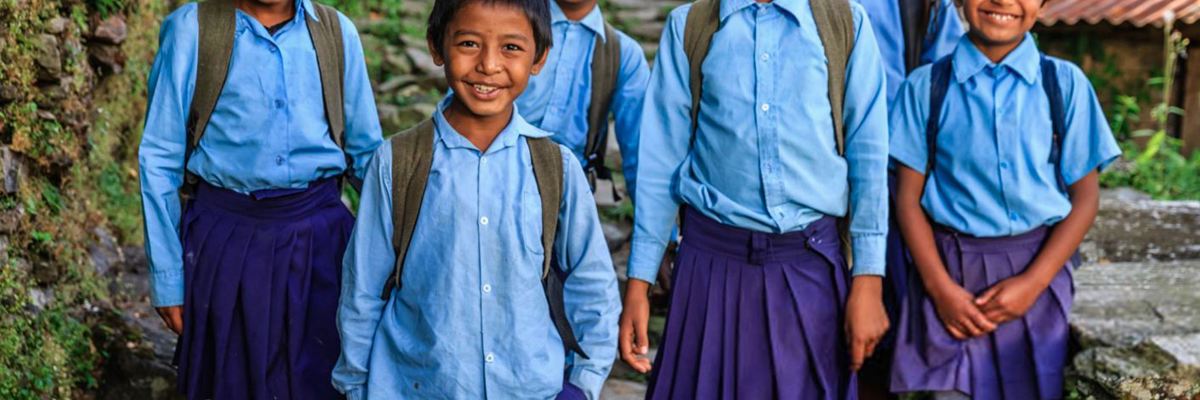

Education in the Context of Nepal
The Sustainable Development Goals report for Nepal 2019 has highlighted the situation in the country and how much remains to be done. The report says that education is essential to achieve sustainable development goals, especially when it comes to poverty eradication, gender equality and climate change mitigation. It also says that there is a need for universal access to quality basic education with special attention being given towards children from vulnerable groups who are not able to get an education due to poverty or other social constraints. Education can help mitigate against crisis such as natural disasters or economic instability by providing opportunities for employment or self-employment after graduation; this way children will be less likely to fall into poverty once they grow up because they have earned some money through their skills gained through studying hard at school.
In Nepal, it is estimated that 30% of children between 5 and 14 years old are not enrolled in any kind of school. This number includes those who do not go to school because they are too poor to afford it or because their families cannot afford the fees required by schools. In addition to being one of the poorest countries in the world, Nepal has a literacy rate that is among the lowest in Asia and Africa: 67.9% This low literacy rate means that many people cannot read even basic books like fairy tales or short stories for children because they don't know how! 770,000 children aged 5-12 years are still out of school. Only a half of students in grades 3, 5 and 8 meet the academic achievement criteria for Nepali and mathematics. Attendance in early childhood education (ECE) is still low at 51 per cent. There is inequity in the education sector as only 12 percent of children from the lowest wealth quintile are developmentally on track in literacy and numeracy compared to 65 per cent from the highest wealth quintile. Very few schools meet child-friendly school standards. Only 11 per cent of school buildings are earthquake-resistant.
Another problem with education in Nepal, is that teachers are poorly trained and are not motivated to teach. They need to be given a better salary, better training, and more support. Teachers also lack proper working conditions. Many of them work in unsanitary conditions without air conditioning or proper ventilation. Some schools even have no electricity or water supply at all!
If we talk about sanitation in schools, out of the 10,820 schools across Nepal, 9,093 lack safe drinking water and 7,052 lack decent toilets. Poor sanitation and hygiene are major causes of illness of children in. Lack of safe drinking water is a huge problem in Nepal. Unsanitary conditions contribute to high rates of illness and death.
Educating children is very important in Nepal and that also requires not just school and a teacher but a better facilitated school and well-informed teachers. Proper education can help Nepalese children to be able to make informed decisions, as well as take control of their lives. The lack of proper education affects women more than men because they are less likely to have access to it and therefore have less opportunity for advancement in the future. This cycle can be broken only with the help of education. Education also helps empower women by giving them access to information about issues that affect their communities, such as family planning or maternal health care services.
It is important that schools are well-equipped with teachers who have experience teaching in Nepal. Education is a key component of sustainable development in Nepal and should not be overlooked. It is the foundation for a better life, whether you want your child to become a doctor or lawyer, or just get an education that will help them escape poverty. Education is not just about learning to read and write. Education is important for children’s health, safety and well-being. Education can help children escape poverty.
Despite all the problems, in the past years, progress has been made in providing access to education to everyone. All children are being given equal opportunities to learn from the very beginning. Several NGOs and INGOs are focusing on better schools, better teachers and raising awareness on education.
Education is essential for any child, and children of Nepal deserve the best education possible if we were to become a developed nation but more importantly if we were to live sustainably. We hope this blog post gave you a better understanding on why education is so important for children in Nepal.

















